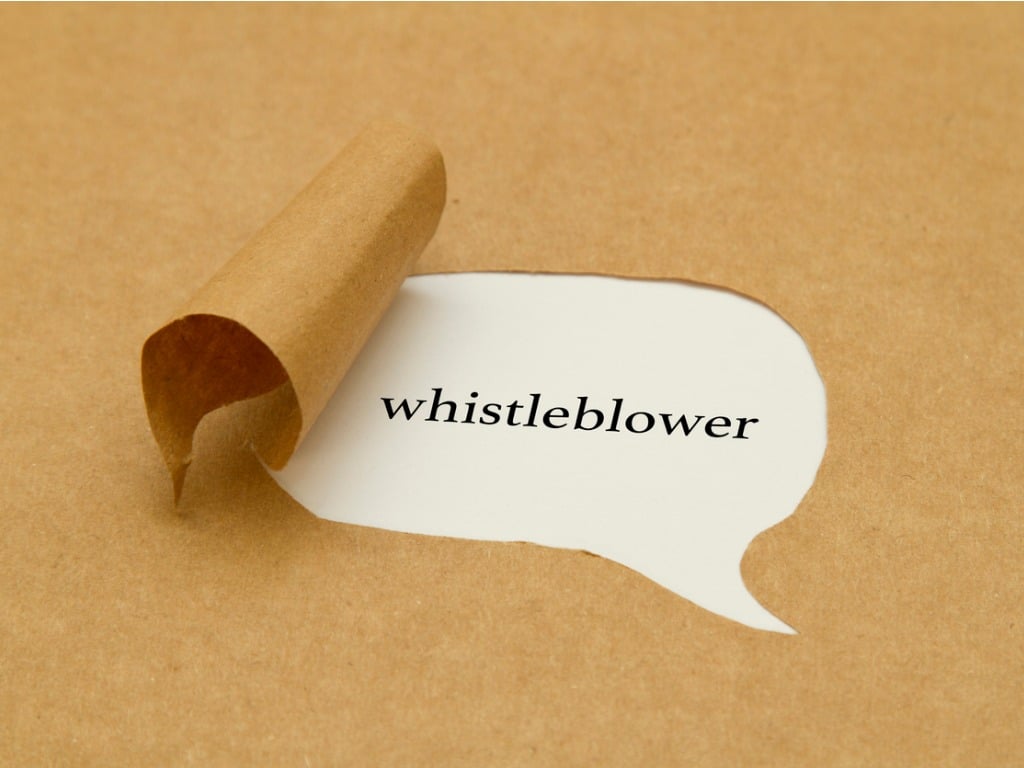The whistleblower revolution, and the anti-corruption movement along with it, has benefited society in many important and obvious ways.
In countries and communities everywhere, food is safer, air and water are cleaner, elections are fairer, companies are more honest, and governments are more transparent thanks to people who exposed corruption and lies. Criminals are being investigated and prosecuted in record numbers. The threat of long prison sentences and big monetary fines is beginning to deter criminal and unethical behavior.
More than 45 countries in all regions now have whistleblower protection laws in place. Newspapers, NGOs and law firms have set up secure hotlines to make it easier for people to disclose evidence. Nearly every country in the world has had at least one public whistleblower case. Many whistleblowers have become folk heroes, household names and the subject of documentaries and Hollywood movies.
Today, it would be difficult to find anyone who isn’t familiar with the concept of whistleblowing or hasn’t read an article about a prominent case.
The rest of the whistleblower revolution – a very big piece of it, actually – will not be televised. A vast majority of cases and disclosures never become known the public. This might seem to run contrary to the core purpose of whistleblowing: alerting citizens and the media about problems that concern the public interest. But this is by design.
Every day, when I answer the phone and open my many e-mail boxes, I hear a different story from someone who has a very important story. Just in the last week, people told me about a prominent sex offender’s dealings with a European bank, financial fraud at the largest publicly traded company in one of the world’s largest countries, corruption in major publicly funded highway project in Europe, and a major real estate scandal in one of Asia’s most important cities.
Why didn’t I immediately start tweeting about these cases or freely give the stories to journalists in these countries? There is only one reason to make information public. There are plenty of reasons not to.
At the Center for Whistleblower Rights & Rewards, our first concern is the well-being of every person who contacts us. We only release a whistleblower’s name if he or she is certain about the decision, and only after the benefits and risks are fully explored and weighed. If then, we do this smartly and strategically.
Our next concern is the information. Only when the evidence meets our criteria for credibility and accuracy do we share it with a journalist, an investigator or a public regulator. The information very well might be authentic, but if we can’t verify it, we cannot act upon it. Even when we do share information with others, there are strict conditions on publicly releasing any information – much less the whistleblower’s identity.
Our final concerns are corrective action and justice. We often work behind the scenes with elected officials, law enforcement and other public authorities to investigate and remedy corruption, and to hold guilty parties to account. These investigations typically are very discreet. And even when a person is arrested and prosecuted, the fact that the case originated with a whistleblower’s disclosure might never be publicly acknowledged.
This all might sound very frustrating, especially in an age of self promotion, full disclosure and instant gratification. But it’s far more gratifying to know that you handled the case patiently, discreetly and professionally, for the benefit of everyone involved.
In the end, there are tens of thousands of “real” whistleblower cases every year that the public never gets a chance to read about. But rest assured: every real case gets our full attention. No whistleblower report goes to waste. If there’s a way for a whistleblower to make a positive difference in the world, we work tirelessly toward this. But we don’t always advertise it.
So, if you notice that something has improved in your community or in your workplace, you never know: there might be a whistleblower who deserves your thanks.
